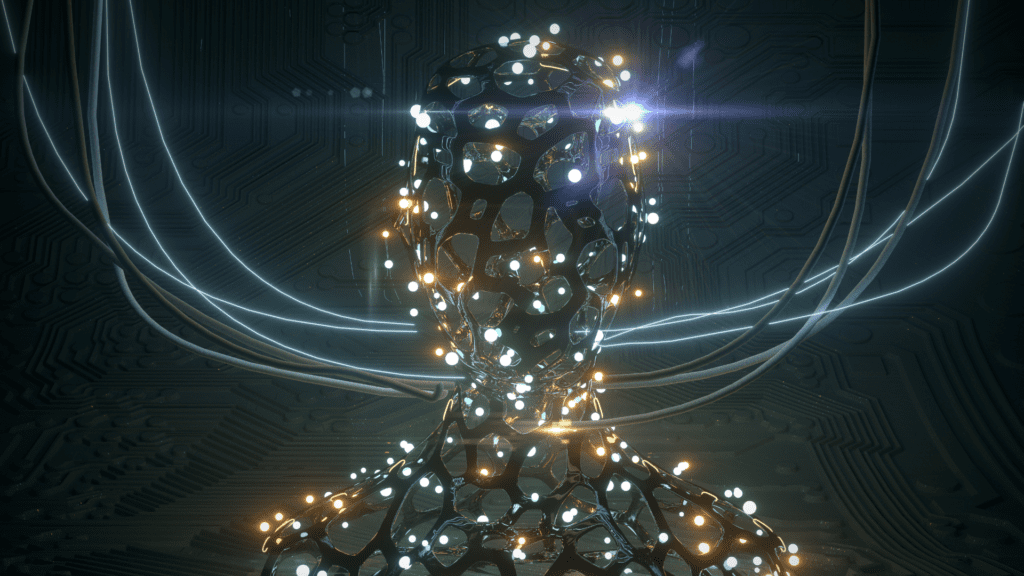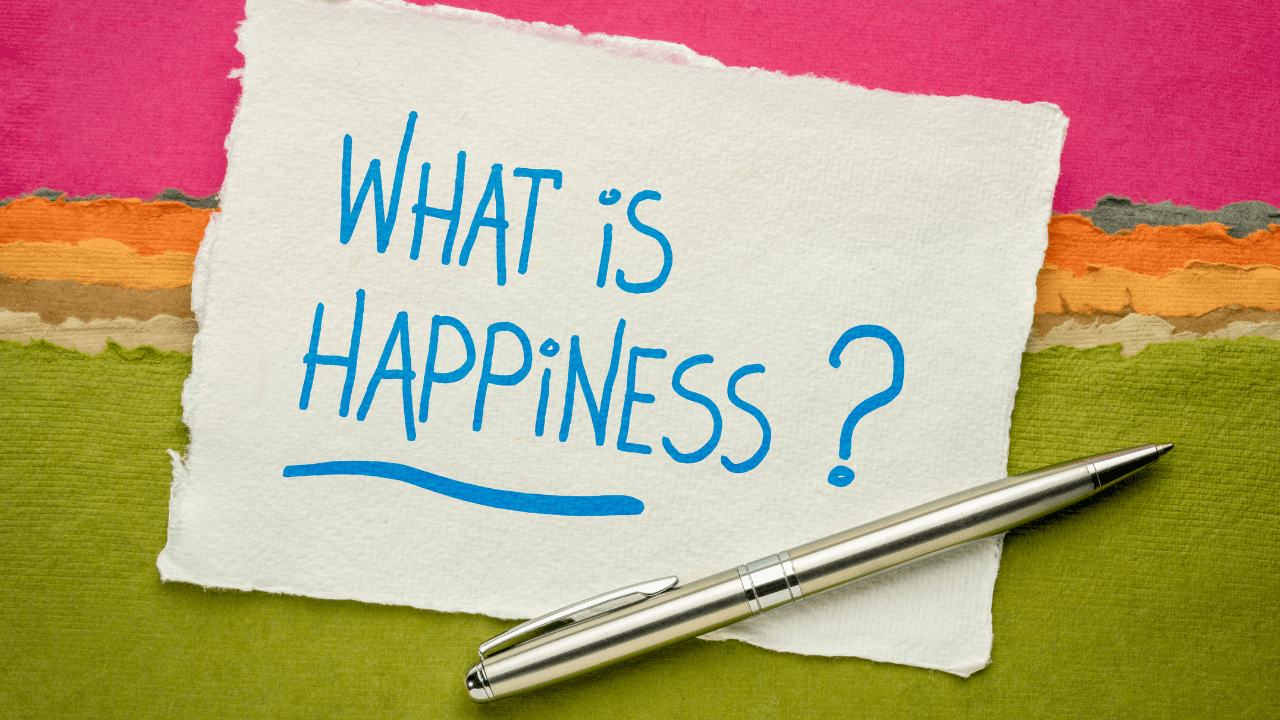The neuroscience of happiness is revealing fascinating insights into what makes us truly content. Recent advances in brain research are shedding new light on the biological underpinnings of happiness and well-being, providing evidence-based clues about what it means to be happy and how we can cultivate more joy in our lives.
Let’s Begin Here
Happiness is a universal human pursuit, but what exactly does it mean to be happy? And what insights can neuroscience offer about the nature of happiness? Recent advances in brain research are shedding new light on the biological underpinnings of happiness and well-being, providing fascinating insights into what makes us truly content. The neuroscience of happiness explores how various brain regions and neurotransmitters contribute to our experience of joy and satisfaction. By understanding these mechanisms, we can develop strategies to enhance our well-being and lead more fulfilling lives.
Defining Happiness
Theories of Happiness
Psychologists and philosophers have proposed various theories and models to explain and define happiness. Some key theories include:
- Hedonism: This view equates happiness with the experience of pleasure and the absence of pain. It focuses on maximizing positive emotions and minimizing negative ones.
- Eudaimonia: Rooted in ancient Greek philosophy, this perspective sees happiness as living virtuously and fulfilling one’s potential. It emphasizes meaning, purpose, and personal growth.
- Life Satisfaction: This approach defines happiness as a cognitive evaluation of one’s life as a whole. It considers how content we are with various life domains.
- Subjective Well-Being: A more comprehensive model that combines emotional experiences (both positive and negative) with cognitive life satisfaction.
Interpreting Happiness
Given these different perspectives, happiness can be interpreted in multiple ways:
- As a momentary emotional state (feeling joyful or content)
- As an overall sense of life satisfaction
- As living a meaningful, purposeful life
- As a combination of positive emotions, life satisfaction, and eudaimonic well-being
Most researchers now view happiness as a multidimensional construct that encompasses all of these elements. Being truly happy involves not just feeling good, but also functioning well and living a life aligned with one’s values and potential.

The Neuroscience of Happiness: Understanding Our Brain’s Role in Well-being
The neuroscience of happiness is a fascinating field that explores how our brains process and create positive emotions. By understanding the neural mechanisms behind happiness, we can gain valuable insights into how to cultivate more joy and contentment in our lives.
Key Brain Regions Involved in Happiness
Research in the neuroscience of happiness has identified several key brain regions that play crucial roles in our experience of positive emotions:
- Prefrontal Cortex: This area is involved in complex cognitive behaviors and decision-making. The neuroscience of happiness suggests that increased activity in the left prefrontal cortex is associated with more positive emotions.
- Nucleus Accumbens: Often called the brain’s “pleasure center,” this region is central to the reward system and is activated by experiences we find enjoyable.
- Amygdala: While often associated with fear and negative emotions, the amygdala also plays a role in processing positive emotions according to the neuroscience of happiness.
- Hippocampus: This structure is involved in memory formation and emotional regulation, contributing to our overall sense of well-being.
Neurotransmitters and Happiness
The neuroscience of happiness has also revealed the importance of certain neurotransmitters in our experience of positive emotions:
- Dopamine: Often called the “feel-good” neurotransmitter, dopamine is central to our brain’s reward system.
- Serotonin: This neurotransmitter helps regulate mood and is often associated with feelings of well-being.
- Oxytocin: Known as the “love hormone,” oxytocin is involved in social bonding and can contribute to feelings of happiness in social contexts.
Neuroplasticity and Happiness
One of the most exciting findings in the neuroscience of happiness is the concept of neuroplasticity – our brain’s ability to change and adapt throughout our lives. This suggests that we can actually train our brains to be happier through practices like mindfulness meditation, gratitude exercises, and positive social interactions.By understanding the neuroscience of happiness, we can develop more effective strategies for enhancing our well-being and leading more fulfilling lives. As research in this field continues to advance, we may discover new ways to optimize our brain function for greater happiness and life satisfaction.
The Science Behind Happiness
Neurobiology of Happiness
Advances in neuroscience have shed light on the brain mechanisms underlying happiness and positive emotions:
- Neurotransmitters: Chemicals like dopamine, serotonin, and oxytocin play crucial roles in positive emotions and mood regulation.
- Brain Regions: Areas such as the prefrontal cortex, amygdala, and nucleus accumbens are involved in processing positive emotions and rewards.
- Neural Plasticity: The brain can change and adapt in response to experiences, allowing us to potentially “rewire” our brains for greater happiness.
Psychological Factors Influencing Happiness
Psychological research has identified several key factors that contribute to happiness:
- Positive Emotions: Experiencing joy, gratitude, love, and other positive emotions frequently.
- Engagement: Being fully absorbed in challenging, meaningful activities (also known as “flow”).
- Relationships: Having strong social connections and supportive relationships.
- Meaning: Feeling that one’s life has purpose and contributes to something larger than oneself.
- Accomplishment: Pursuing and achieving goals that align with one’s values.
These elements form the basis of Martin Seligman’s PERMA model of well-being, a prominent framework in positive psychology.

Factors Affecting Happiness
Genetics and Happiness
Research suggests that genetics play a significant role in determining our baseline level of happiness:
- Twin studies estimate that about 50% of the variation in happiness between individuals can be attributed to genetic factors.
- Certain gene variants, such as those related to serotonin transport, have been associated with differences in well-being.
- However, our genes are not our destiny. The remaining 50% is influenced by environmental factors and our own choices and behaviors.
Environment and Happiness
Various environmental and life circumstances impact our happiness:
- Income: Money does contribute to happiness, but mainly up to a certain threshold where basic needs are met. Beyond that, increases in wealth have diminishing returns on well-being.
- Relationships: Strong social connections are consistently linked to greater happiness and life satisfaction.
- Culture: Cultural values and norms shape how happiness is defined and experienced across different societies.
- Life Events: Major life events (both positive and negative) can significantly impact happiness, though people tend to adapt over time.
Happiness and Well-being
The Impact of Happiness on Physical Health
A growing body of research shows that happiness and positive emotions can have significant benefits for physical health:
- Immune Function: Happier people tend to have stronger immune systems and may be less susceptible to illness.
- Cardiovascular Health: Positive emotions are associated with lower blood pressure and reduced risk of heart disease.
- Longevity: Studies have found that happier individuals tend to live longer, even when controlling for other factors.
The Connection Between Happiness and Mental Well-being
Happiness is closely intertwined with mental health and overall psychological well-being:
- Resilience: Happy people tend to be more resilient in the face of stress and adversity.
- Creativity: Positive emotions can enhance creative thinking and problem-solving abilities.
- Relationships: Happier individuals often have more satisfying and supportive social relationships.
- Self-Esteem: Happiness is associated with higher self-esteem and a more positive self-image.
Strategies for Cultivating Happiness
Practices for Increasing Happiness
While we can’t control all the factors that influence our happiness, research has identified several evidence-based practices that can boost well-being:
- Gratitude: Regularly expressing gratitude for the good things in life can increase positive emotions and life satisfaction.
- Acts of Kindness: Performing kind acts for others not only benefits the recipient but also increases the giver’s happiness.
- Mindfulness: Practicing mindfulness meditation can reduce stress and increase overall well-being.
- Exercise: Regular physical activity is strongly linked to improved mood and mental health.
- Social Connection: Nurturing close relationships and building a strong social network is crucial for happiness.
Building Resilience and Happiness
Developing resilience—the ability to bounce back from adversity—is key to maintaining happiness in the face of life’s challenges:
- Optimism: Cultivating a more optimistic outlook can help us cope better with setbacks.
- Problem-Solving Skills: Developing effective strategies for tackling challenges can increase our sense of control and well-being.
- Self-Compassion: Being kind to ourselves during difficult times can help us maintain emotional balance.
- Finding Meaning: Connecting to a sense of purpose or meaning, even in tough situations, can foster resilience.
In Summation
The neuroscience of happiness and pleasure reveals that being truly happy involves more than just feeling good in the moment. It encompasses a rich tapestry of positive emotions, meaningful engagement, supportive relationships, and a sense of purpose and accomplishment. While our genes and circumstances play a role, we have significant power to influence our own happiness through intentional practices and choices.
By understanding the factors that contribute to happiness and implementing evidence-based strategies, we can cultivate greater well-being in our lives. This not only benefits us individually but can have ripple effects, creating more positive environments in our families, workplaces, and communities.
Recent research has shown that practices like mindfulness meditation can actually change the structure and function of the brain, potentially increasing our capacity for happiness. Additionally, studies have found that acts of kindness and gratitude can boost well-being and life satisfaction.
Ultimately, the pursuit of happiness is not about achieving a constant state of bliss, but about building a life of meaning, connection, and personal growth. As we continue to learn more about the neuroscience of happiness, we gain valuable tools for creating lives that are not just satisfying, but truly flourishing.
#NeuroscienceOfHappiness #BrainScience #PositivePsychology #WellbeingResearch #MentalHealthAwareness #HappinessStudies #NeuralMechanisms #CognitiveScience #EmotionalWellbeing #BrainChemistry #MindfulnessResearch #PositiveEmotions #NeuroplasticityAndHappiness #ScienceOfJoy #PsychologicalWellbeing #BehavioralNeuroscience #HappinessHormones #CognitiveNeuroscience #MentalWellness #BrainAndHappiness






